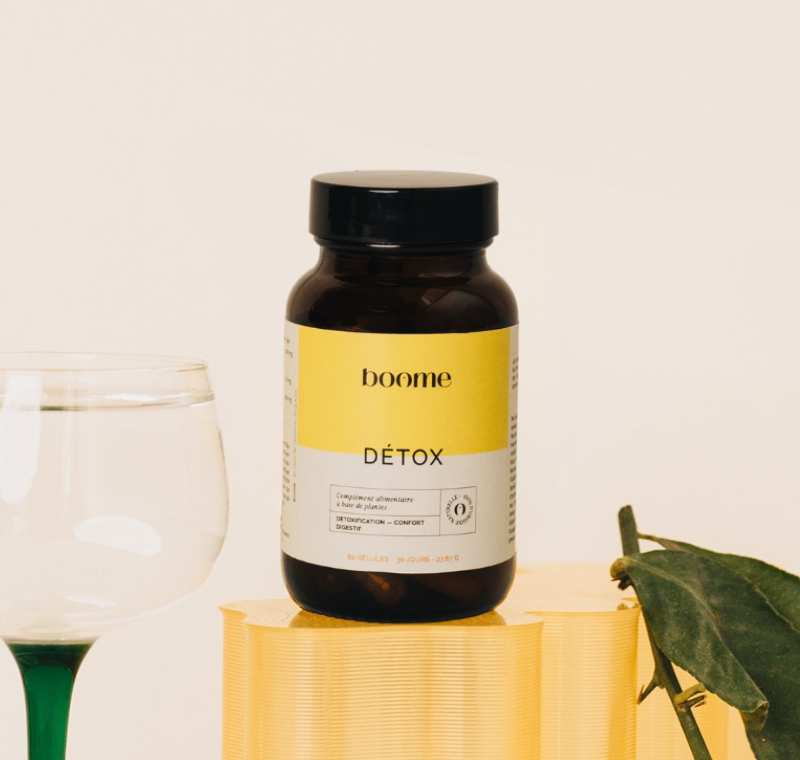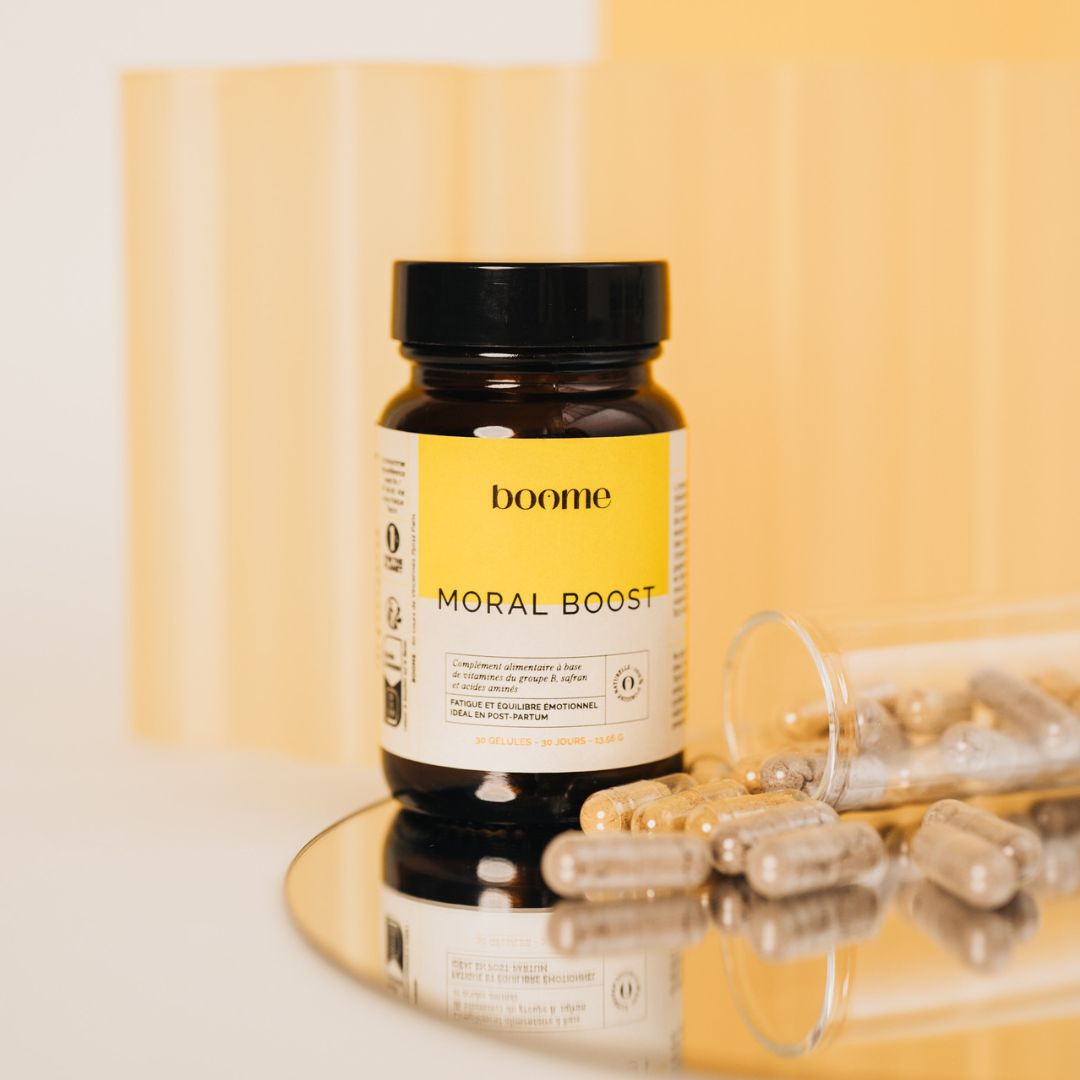
Have you heard of seed cycling? This nutritional practice aims to harmonize your menstrual cycles and your hormones for better hormonal balance. What is seed cycling? How to practice it? Does it have an impact on hormonal balance and fertility? We take stock.
What is hormonal balance?
To function properly, your body needs optimal hormonal balance. Your body can then go through the stages of life more peacefully since your hormones act in harmony. Except that very often, the body is subject to temporary or longer-term disruptions, which impact not only your cycles, your fertility and your quality of life.
The follicular and luteal phases
Ovulation is an essential benchmark for defining the length of your cycle and that of the follicular and luteal phases, which govern the menstrual cycle with the help of two major hormones: FSH and LH.
The follicular phase will mark the start of the cycle with the first day of menstruation, under the influence of FSH. This boosts the production of estrogen, thus allowing the endometrium to thicken and the follicles to grow properly. Among these follicles, only one will become an egg, which may or may not be fertilized. This phase ends with ovulation.
Then comes the luteal phase , headed by the hormone LH, which notably leads to an increase in progesterone. If fertilization has taken place, progesterone and estrogen will continue their production to accommodate the phenomenon of implantation, when the fertilized egg implants (this is then the start of pregnancy). If fertilization has not occurred, menstruation arrives and a new cycle begins.
What is seed cycling?
Seed cycling is a practice that aims to consume certain seeds during the luteal and follicular phases, in order to balance hormones and therefore the cycle. Although numerous studies exist on the impact of certain seeds on health, only rigorous observation of your cycle will allow you to measure the effects of this practice.
What seeds for seed cycling?
Flax, sesame, sunflower and squash will be your best allies. To put seed cycling into practice, it is recommended to consume:
- During the follicular phase: a teaspoon of a mixture of flax and pumpkin seeds (or one of both) once a day to support the activity at the start of the cycle and boost estrogen.
- During the luteal phase: a teaspoon of a mixture of sunflower and sesame seeds (or one of both), once a day, to support end-of-cycle activity, by boosting progesterone .
How can it improve fertility?
If the hormones do their job correctly (LH, FSH, estrogen, progesterone), the menstrual cycle becomes more harmonious, your cervical mucus is of better quality, your follicles are well developed, and your fertility is therefore improved.
The benefits of seed cycling
Seed cycling would therefore have an impact on fertility, on the harmony of your cycles but also on PMS (Pre-Menstrual Syndrome) and PCOS (PolyCystic Ovary Syndrome). Do not hesitate to find out more if this practice interests you, and to take stock with a micronutrition specialist or a naturopath.
* The advice above does not replace medical advice; we invite you to contact a natural health practitioner and carry out a hormonal assessment.









